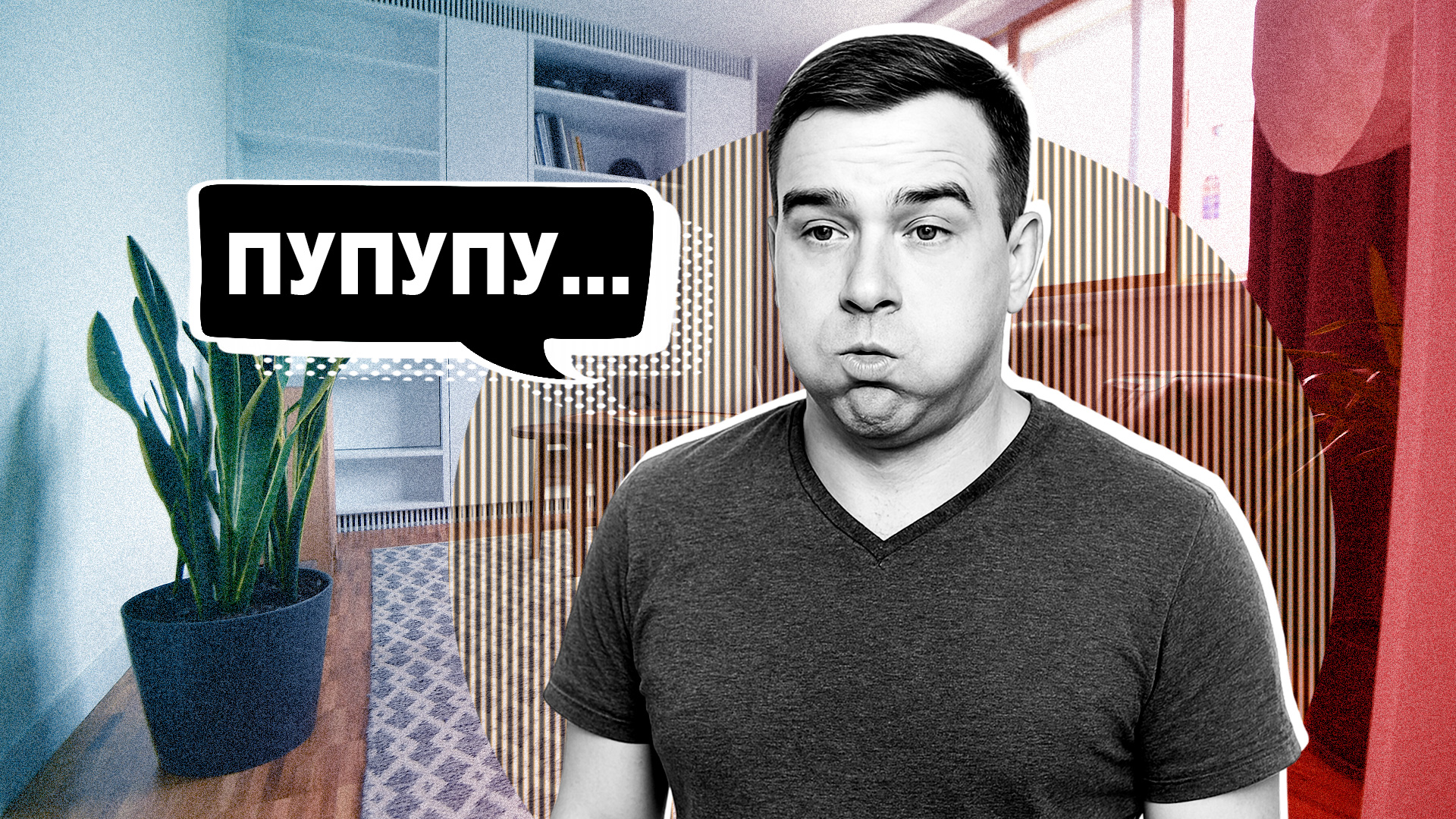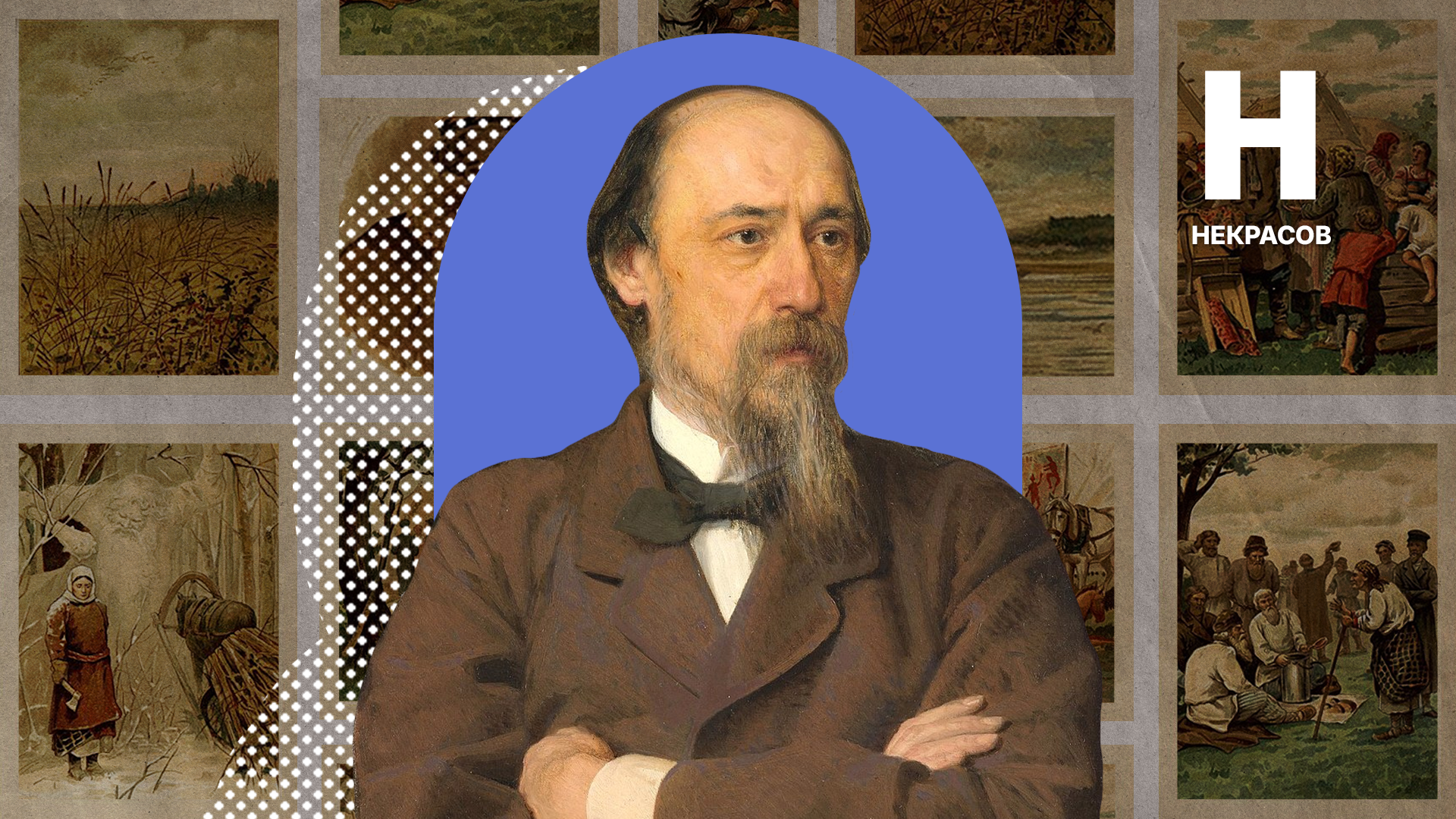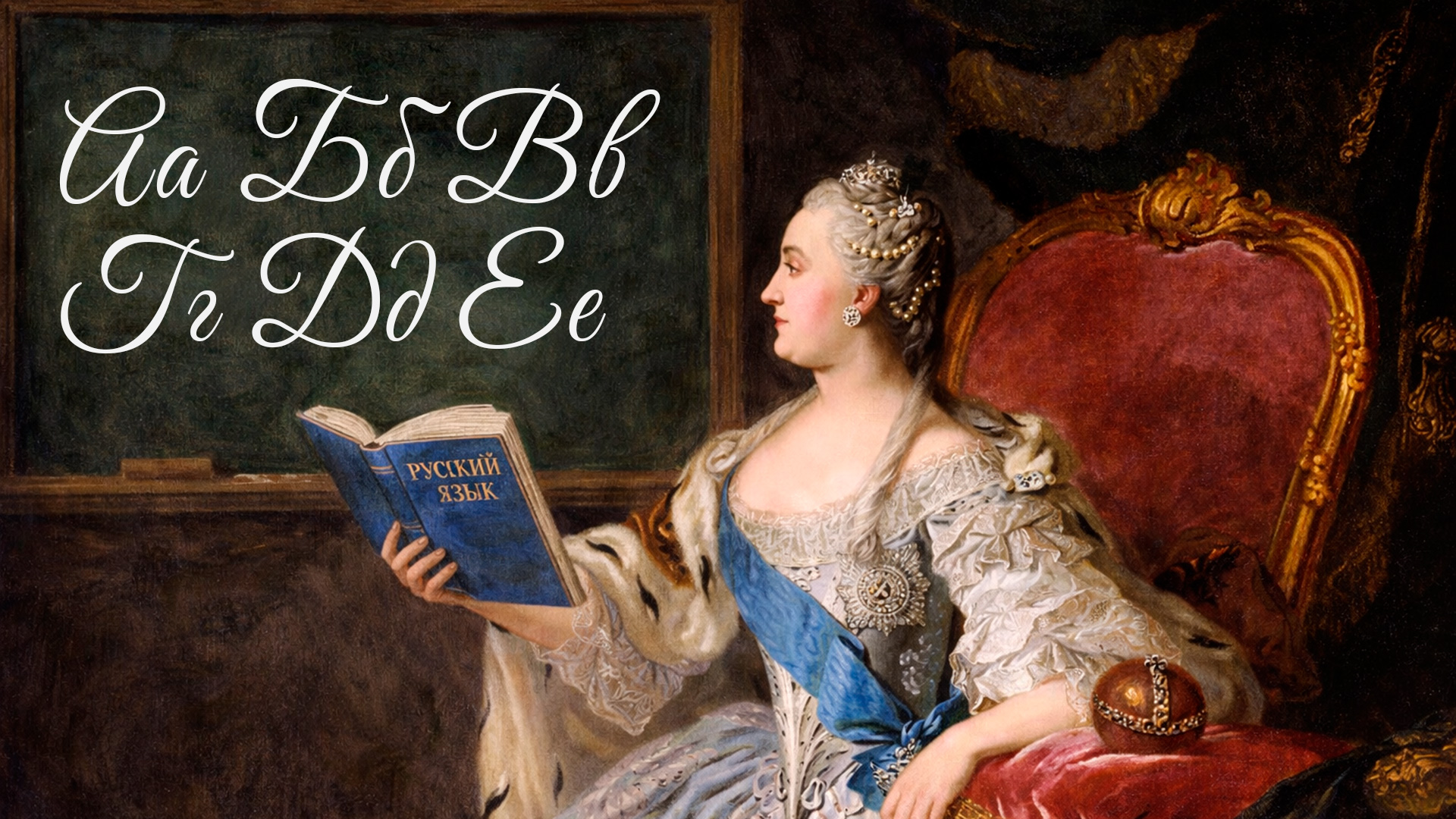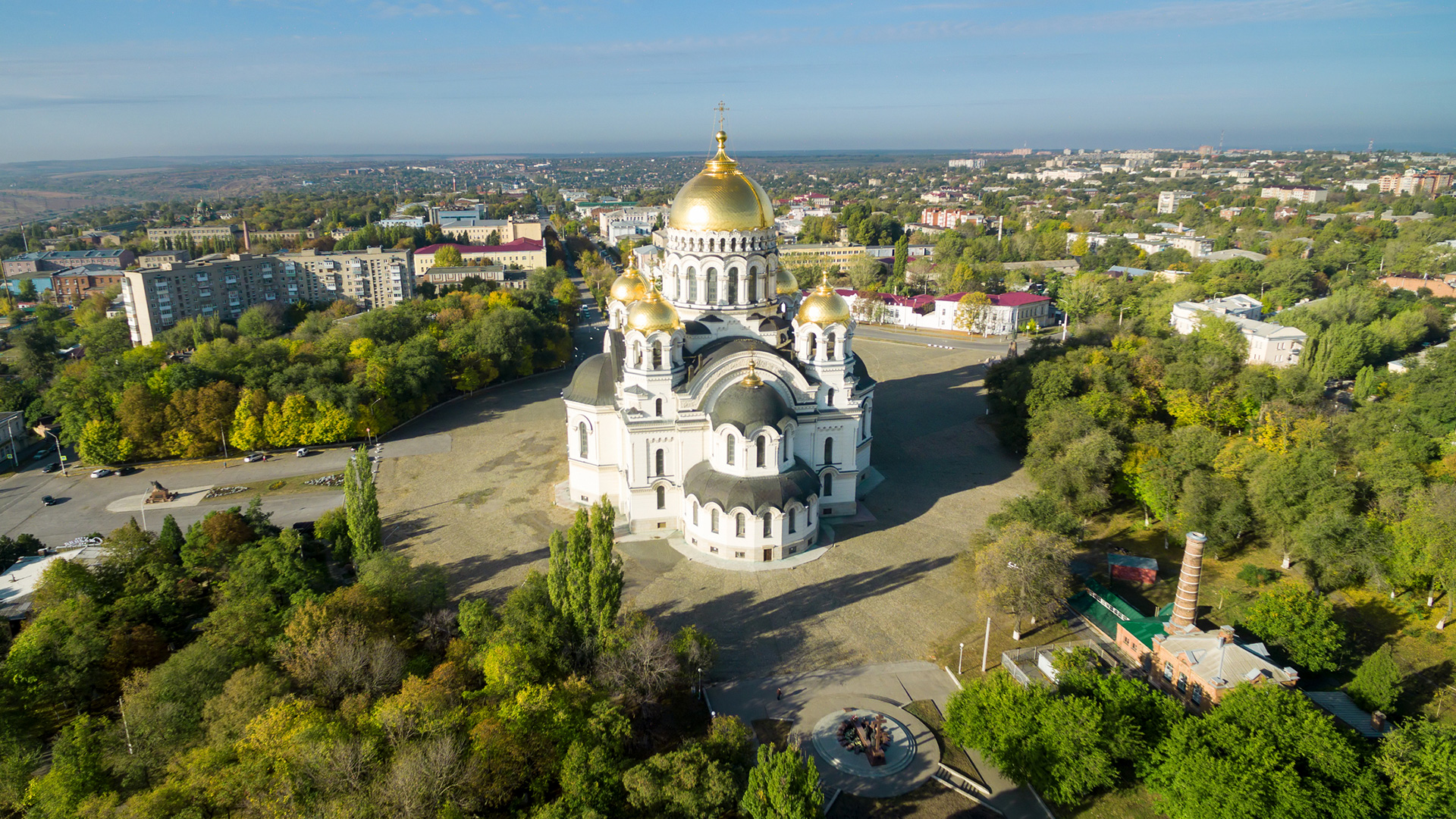
What does the expression “like behind Christ's chest” mean?

In the old days, the space between the chest and clothes adjacent to it was referred to as a ‘pazukha’. In those days, there were almost no pockets, so all the most valuable things were carried just behind the ‘pazuha’. There were even special rituals: For example, in Perm Province, parents would bless their son who was preparing to leave home and then would hide an icon behind his ‘pazuhka’.
The expression “Next to Christ's chest” implies that a person is under the protection of our main protector, literally like in heaven. Describing life in their parents' home, girls could say: “It is warm in the bosom of my father and mother, even in the frost.” - “I will dry you and warm you up; I will bandage your wounds, you see, you have torn your hands. You will live with me, like behind Christ's chest, eat sweetly and sleep even sweeter than that,” the heroine in Ivan Turgenev's story ‘Steppe King Lear’ tried to persuade her father.
But, if a loved one betrayed their trust, they would say sadly about them: “They’ve warmed a snake behind their chest.” An English equivalent idiom would be: “Like in God’s pocket.”












